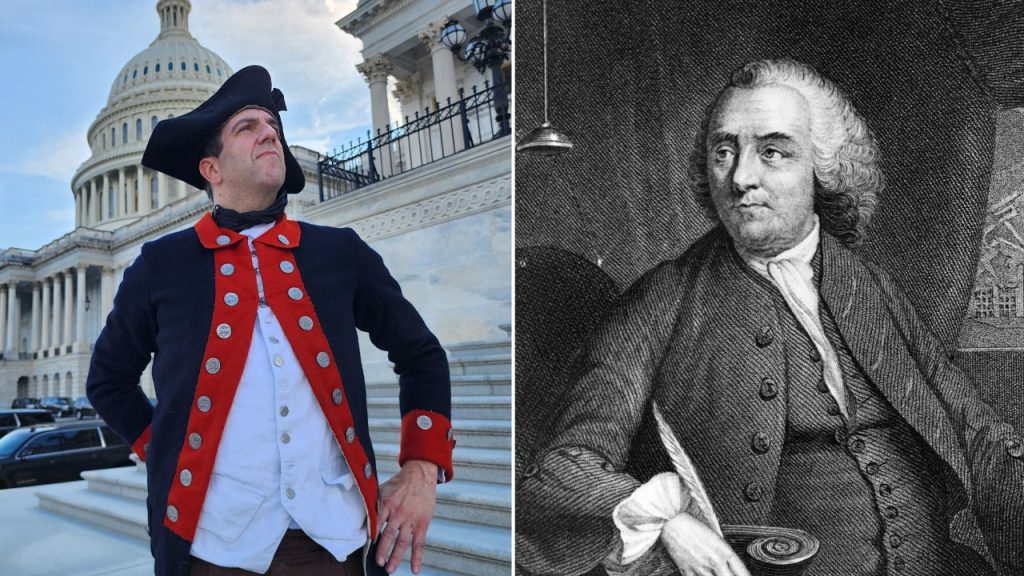In his book, “The Year of Living Constitutionally,” author A.J. Jacobs explores America’s past and present by immersing himself in the lifestyle of the Founding Fathers. From using candles and quill pens to hosting 18th-century dinner parties, Jacobs shares the life lessons he learned from the Founders in a series of articles. Benjamin Franklin, one of his favorite Founding Fathers, stood out to Jacobs for his emphasis on civil discourse. Franklin’s social club, the Junto, promoted in-depth conversations aimed at self-improvement and bettering the country, with an emphasis on inquiry over dispute.
One way Jacobs tried to honor the Founders’ commitment to civil discourse was by hosting an 18th-century-style dinner party, where guests from various political backgrounds engaged in a civil and in-depth discussion about the Constitution and America. Rather than framing the gathering as a debate, the guests approached it as a puzzle to be solved collectively, discussing their beliefs, reasons for those beliefs, and what evidence might change their views. The shared consensus was that Americans need more face-to-face discussions with individuals outside their ideological bubbles, fostering understanding and mutual respect.
Drawing from the wisdom of Founding Fathers like Ben Franklin and Alexander Hamilton, Jacobs emphasizes the importance of using language that promotes open dialogue and avoids dogmatism. Franklin’s humorous anecdote about a French lady who believed she was always right serves as a reminder that we all tend to think we have a monopoly on the truth. By engaging in civil discourse with diverse individuals, we can challenge our assumptions and learn from others’ perspectives. In an age of polarization and social media outrage, Jacobs advocates for more listening and questioning rather than blindly pushing one’s beliefs.
As America approaches its 250th birthday, Jacobs encourages people to embrace the spirit of inquiry and engage in respectful conversations with those who hold different views. Amidst the divisive political climate, the Founders’ principles of civil discourse and open-mindedness offer a path forward for constructive dialogue. By bringing together individuals from various political leanings for an 18th-century-style dinner party, Jacobs demonstrates how shared meals and conversations can bridge divides and promote understanding. While the Founders’ era may seem distant, the values of civil discourse and intellectual humility remain relevant and vital today.
In this election year, Jacobs advises those planning similar dinner gatherings to focus on engaging in meaningful conversations rather than seeking to convert others to their viewpoint. By embracing the Founders’ approach of respectful dialogue and avoiding intolerance, individuals can create spaces for productive discussions that transcend ideological boundaries. The lessons learned from Jacobs’ year of living constitutionally underscore the enduring importance of civil discourse in fostering a healthy democratic society. As we reflect on America’s history and values, the Founding Fathers’ emphasis on inquiry, open-mindedness, and respectful dialogue serves as a timeless guide for navigating contemporary challenges and divisions within our society.


